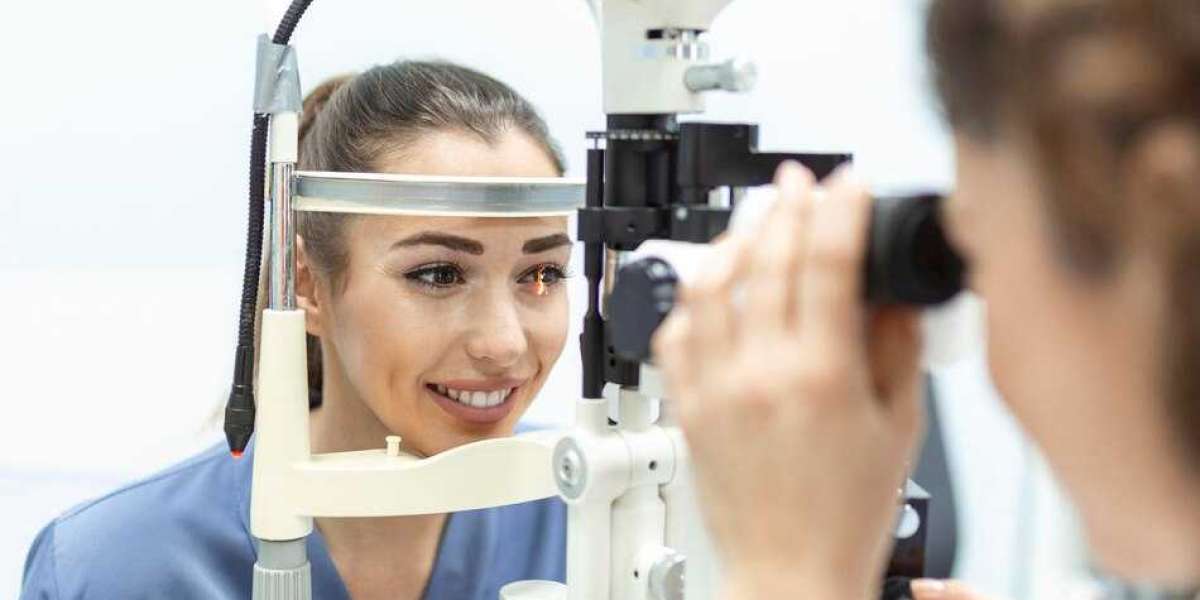When a detached retina, macular hole, or diabetic retinopathy are the conditions for which retinal surgery is performed, the recuperation period is essential to achieving the best possible outcomes. The healing process can be significantly impacted by your post-operative care and your adherence to the doctor's instructions. These are seven suggestions for a seamless and prompt recovery following vitreo retinal treatment.
- Follow Your Doctor’s Instructions Strictly
Following your doctor's instructions strictly is one of the most crucial parts of recovering from retinal surgery. Following surgery, you will receive a comprehensive post-op plan from your retina specialist that covers follow-up appointments, activity limitations, and medication schedules. In order to safeguard your recovering eye and lower the possibility of consequences like infection or poor healing, strictly adhere to following guidelines.
Antibiotics and anti-inflammatory drops are probably going to be prescribed in order to minimize swelling and stop infection. Take these exactly as directed. You run the risk of consequences if you miss doses or stop taking your medication too soon. - Maintain Proper Head Positioning
After several types of retinal procedures, particularly those following vitrectomy for retinal detachment, patients must keep their heads in a certain position for a while—typically face down. This placement is important because it keeps the gas or air bubble that was injected during the treatment in touch with the retina, promoting normal healing.
The exact duration of this posture, which may range from a few days to weeks, will be specified by your surgeon. This procedure can be made more comfortable with the use of special equipment like pillows or face-down recovery chairs. Maintaining the correct head posture is essential to the success of your surgery, even if it may seem laborious. - Avoid Strenuous Activities
Steer clear of any demanding tasks following retina surgery, such as heavy lifting, bending over, and rigorous exercise. Physically restricting oneself may raise intraocular pressure, impairing the healing process and leading to issues including hemorrhages or the reopening of retinal tears. To prevent placing pressure on your eye, even little sneezing or coughing should be done carefully.
Getting enough sleep is crucial, particularly in the initial weeks of recuperation. Reading and watching TV are examples of activities that should be done in moderation because they can cause severe eye strain. Consult your physician about when you can start up again, but during the first few weeks following surgery, it's usually best to take it easy. - Protect Your Eyes
Following surgery, your eyes will be more sensitive, so it's important to take precautions to keep them safe from harm or other issues. Wear the eye shield that your surgeon has prescribed for you, especially at night or while you're sleeping. This will stop you from shifting as you sleep and scratching your eye.
Sunglasses are also essential since intense sunshine can damage your healing eyes. They will shield your eyes from wind, dust, and UV rays. Wearing them is mandatory while venturing outdoors, even on overcast days.
- Monitor for Symptoms of Complications
Even though most retinal procedures are successful, issues can occasionally occur. It's critical to keep a look out for any warning indications in your eye, like:
- elevated swelling or redness
- extreme agony
- Loss of vision or alterations to it (such as new floaters or light bursts)
- leakage from the lens
- heightened light sensitivity
As soon as you observe any of these signs, get in touch with your ophthalmologist. More severe side effects like infection, severe scarring, or retinal detachment can be avoided with early treatments.
- Be Patient with Vision Recovery
It frequently takes time for vision to improve following retinal surgery, so patience is crucial during the healing period. As your eye heals, you can have light sensitivity, notice floaters, or have fuzzy vision. After surgery, it could take many months to see the whole picture.
Although it can be annoying, daily fluctuations in your eyesight are a typical aspect of the healing process. When your ophthalmologist gives the all-clear for new glasses or contact lenses, you should be ready for a visit to your optometrist as it's conceivable that you'll need new corrective lenses after your eye has healed completely. - Attend All Follow-Up Appointments
Following retinal surgery, follow-up consultations are essential. In order to make sure that your retina is healing correctly, your doctor will keep an eye on the healing process and look for any issues. During these consultations, your surgeon will be able to modify your treatment plan as needed, perhaps advising on increased exercise levels or modifying the dosage of your medications.
It is imperative that you never neglect a follow-up appointment at Sankara Eye Hospital, even if you are feeling well. Without a medical examination, some consequences, including elevated intraocular pressure, might not be noticeable right away.
Conclusion
Following retinal surgery, recovery calls for perseverance, hard work, and close compliance with your doctor's orders. You can guarantee a seamless recovery and the best possible outcome for your eye health by adhering to these seven guidelines: maintaining proper head positioning, avoiding strenuous activities, protecting your eyes, keeping an eye out for complications, being patient with your vision recovery, and attending all follow-up appointments. Giving your body the time and assistance it requires to heal after surgery is an investment in your vision that will pay off in the long run.







